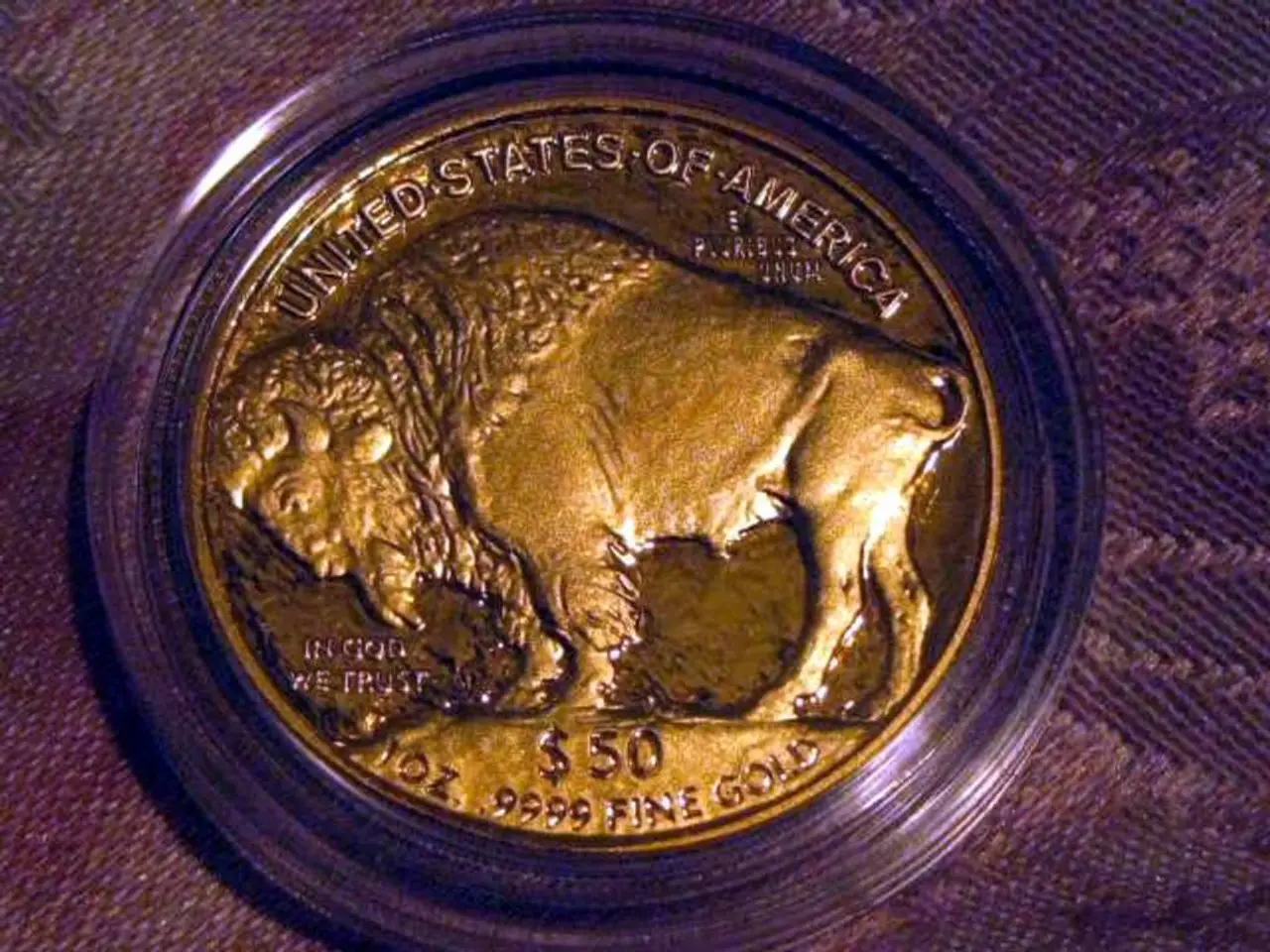Challenges Affecting the Stability of US Dollar Coin:
The United States has taken a significant step towards regulating stablecoins with the passage of the Genius Act. This landmark legislation establishes a clear, strict, and dual federal-state regulatory framework for payment stablecoins, impacting major players such as USDC, Tether, and RLUSD.
The Genius Act aims to ensure stability and consumer protection by requiring stablecoin issuers to maintain 1:1 reserves in U.S. dollars or equivalent safe assets. Issuers must also comply with stringent disclosure, redemption, operational, and Anti-Money Laundering (AML) and Counter-Terrorism Financing (CFT) requirements.
For USDC, issued by the regulated financial entity Circle, the Act provides clearer regulatory certainty, potentially strengthening its market position. Competitors like Tether and RLUSD must either comply with the new regulatory framework or face restrictions in the U.S. market unless they become permitted entities under the Act.
The Genius Act also opens stablecoin issuance to traditional banks, credit unions, and potentially large payment companies like Visa and Mastercard. This could increase competition in the space and drive innovation, making stablecoins more mainstream payment tools.
Visa's Chief Executive Officer, Ryan McInerney, has stated that the company would "enable and scale stablecoins if consumers want them." Many large money center banks are also considering getting involved in stablecoin issuance.
However, the Genius Act does not provide a clear picture of what stablecoin legislation will look like, and the details are yet to be determined. Challenges such as near-instant settlement posing challenges in terms of detecting fraud, and stablecoins not always trading exactly at $1, reminding experts of the issues the U.S. banking system faced in the 19th century, are still to be addressed.
As of July 29, USDC has a market cap of roughly $64 billion, while Tether boasts a market cap of over $164 billion. Stablecoin payments currently make up less than 1% of daily money transfers globally, according to consulting firm McKinsey.
Consumers may have to get used to the idea of stablecoin issuers freezing, blocking, or reissuing tokens. The Genius Act requires stablecoin issuers to abide by the Bank Secrecy Act (BSA), but longer settlement times could give consumers and payments companies a better chance of detecting fraud or reversing a payment.
The Bank of International Settlements has pointed out that stablecoins don't always trade exactly at $1, reminding some experts of the issues the U.S. banking system faced in the 19th century when there was no federal oversight and banks issued bank notes with questionable and often unreliable backing.
In summary, the Genius Act is a significant step towards regulating stablecoins, promoting consumer protection, and driving innovation in the space. The Act's impact on the stablecoin market, traditional financial institutions, and consumer behaviour remains to be seen.
[1] The Hill. (2022, June 29). House passes bipartisan stablecoin bill. Retrieved July 29, 2022, from https://thehill.com/policy/finance/3587849-house-passes-bipartisan-stablecoin-bill/
[2] CNBC. (2021, June 24). Visa's CEO says the company could enable and scale stablecoins if consumers want them. Retrieved July 29, 2022, from https://www.cnbc.com/2021/06/24/visas-ceo-says-the-company-could-enable-and-scale-stablecoins-if-consumers-want-them.html
[3] Congress.gov. (2022). H.R.3617 - Stablecoin Transparency Act of 2022. Retrieved July 29, 2022, from https://www.congress.gov/bill/117th-congress/house-bill/3617
[4] CoinDesk. (2022, June 30). House passes bipartisan stablecoin bill, setting up Senate showdown. Retrieved July 29, 2022, from https://www.coindesk.com/policy/2022/06/30/house-passes-bipartisan-stablecoin-bill-setting-up-senate-showdown/
[5] Bloomberg. (2022, June 29). Stablecoin Bill Could Help Circle's USDC Coin If It Complies With Requirements. Retrieved July 29, 2022, from https://www.bloomberg.com/news/articles/2022-06-29/stablecoin-bill-could-help-circle-s-usdc-coin-if-it-complies-with-requirements
- The Genius Act, which is aimed at regulating stablecoins, requires stablecoin issuers to maintain reserves in U.S. dollars or equivalent safe assets, comply with stringent disclosure, redemption, operational, and Anti-Money Laundering (AML) and Counter-Terrorism Financing (CFT) requirements.
- Visa's Chief Executive Officer, Ryan McInerney, has stated that the company would "enable and scale stablecoins if consumers want them." Many large money center banks are also considering getting involved in stablecoin issuance, potentially increasing competition in the space and driving innovation.
- The Genius Act also opens stablecoin issuance to traditional banks, credit unions, and potentially large payment companies like Visa and Mastercard, making stablecoins more mainstream and promoting technology-driven innovation in the field of finance and money investing.




